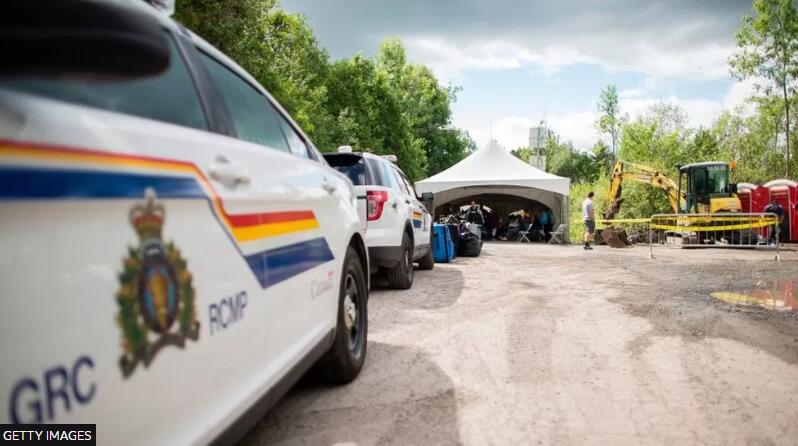Canada: Supreme Court weighs if US is ‘safe’ for migrants
The outcome could determine whether Canada can trust that the US treats migrants properly, and could answer whether Canada holds any responsibility for migrants turned back at its border.
At the heart of the matter is the Safe Third Country Agreement (STCA) – a pact between the two countries in place since 2004 that requires refugee claimants to request protection in the first “safe” country they reach.
Campaigners in Canada have long argued that the STCA should be struck down because migrants are at risk of mistreatment in the US and that the agreement violates their constitutional rights.
On Thursday, Canada’s Supreme Court judges questioned if there is enough evidence to suggest widespread systemic issues in how the US treats migrants that would deem the agreement unconstitutional.
In response, refugee lawyers argued the detainment of some migrants is quick and inhumane, and violates the “right, liberty and security of the person” as outlined by Canada’s charter.
Refugee lawyers and advocates say some of migrants sent back were imprisoned in “freezing cold” detention centres or subject to solitary confinement.
Meanwhile, lawyers for the Canadian government argued the US is a democratic country that has a robust and fair system for processing asylum claims.
Experts say the outcome of the case could also determine the future of “irregular” land crossings into Canada, which reached a record high this year.
Canada and the US share a 5,525 mile (8,891 km) border – the longest between two countries in the world.
The STCA was put in place to better manage refugee claims at the US-Canada land border and to avoid asylum seekers making claims in multiple countries, or so-called “asylum shopping”.
The agreement applies to almost all refugee claimants coming through the US, except if they have a family member in Canada or if they are an unaccompanied minor.
The US is the only nation designated as a “safe third country” by Canada – a designation based, in part, by Ottawa’s belief that the US meets a high standard in protecting human rights.
Canadian campaigners have mounted successful legal challenges in the lower courts to the STCA, the first one in 2005 shortly after it was signed.
But those rulings were challenged by the Canadian government and overturned on appeal.
Most recently, in 2020 a federal court ruled the STCA unconstitutional citing the possibility that the US could imprison migrants.
The matter will now be decided by Canada’s highest court.
In a statement to the BBC, Immigration and Citizenship Canada said they believe “the STCA remains a comprehensive means for the compassionate, fair, and orderly handling of asylum claims in our two countries”.
US officials contacted by the BBC did not respond to requests for comment.
